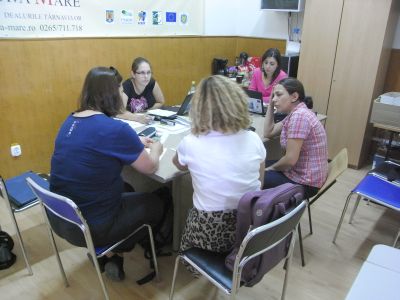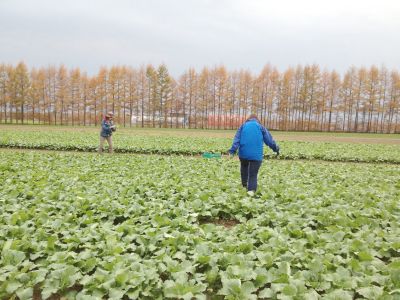Purpose
// Purpose of the Research (Outline) //
The future of rural communities depends on their diversification and on the multi-functionality of rural spaces. The present research, based on case studies from Japan and the EU/Romania, aims to investigate women’s rural-bound mobility and their subsequent entrepreneurial activities as rural
// Scientific background for the research //
Rural communities in Japan and the EU rely on diversification of activities through the promotion of new rural enterprises, which provide employment and revenues and are conducive to sustainable development. In the EU, there is a growing body of research on rural women’s multiple roles and entrepreneurship (Little, Panelli 2003*). In recent years, such studies have also revealed the improving situation of rural women entrepreneurs in Romania, and the role of CAP framework providing stimulus for rural diversification, rural enterprise and rural tourism (Buller, Hoggart 2004**). Previous research by Sasaki (2011)*** in rural communities in the Romanian Carpathians, points out to the innovative business models “imported” by rural women returning after working abroad. In Japan such studies remain limited in rural geography. Field research conducted by Takatori (2013)**** on one family farm in Tochigi prefecture, highlighted the synergies between women-managed rural enterprise and the local farming system and pointed out to the increasing trend in rural-bound migration in Japan.
// What will be elucidated and to what extent will it be pursued during the research period //
Concretely, the present investigation into rural women’s entrepreneurship will focus on 4 aspects:
- women’s rural-bound mobility
- women’s innovative approaches to rural business development
- new rural enterprises’ synergic relationship with local farming system
- rural entrepreneuses’ social contribution to sustainable rural communities.
// Scientific characteristics and expected achievements and significance of the research in the area //

Interview with NGO staffs in Saschiz, Romania (Aug, 2014)
The present research is based on extensive field investigations, and the main strength of the study will be the diversity of case studies from Japan and the EU. The comparative approach will help reveal differences and shared features, suggesting common potential solutions. The geographical, systemic perspective captures the multi-layered, complex interaction of factors at different spatial scales. The study will also rely on a diachronic perspective, based on the experience accumulated by the two applicants in their respective countries over the past years and the stock of time series research data readily available. The study relies on inter-disciplinary sources ranging from agricultural economy, rural social studies, to tourism studies etc. and close cooperation with specialists from these fields will ensure the validation of results.
[References]

Young woman farmer and Sasaki in Tokachi area of Hokkaido, Japan (Oct, 2014)
*Little, J. Panelli, R. (2003): Gender Research in Rural geography. Gender, Place and Culture, Vol. 10, No.3
**Buller, H., Hoggart, K. (2004): Women in the European Countryside. Ashgate
***Sasaki, L. (2011): Changing patterns of rural diversification and pluri-activity in Rucar, the Romanian Carpathians. Proceedings of the General Meeting of the Association of Japanese Geographers (2011s). –Abstract
****Takatori, Y. (2013): Occupational structure of women in organic agricultural industry and development of their network: case study of an agricultural production corporation in Kanto District, Proceedings of the General Meeting of the Association of Japanese Geographers (2013a).–Abstract (Japanese)


